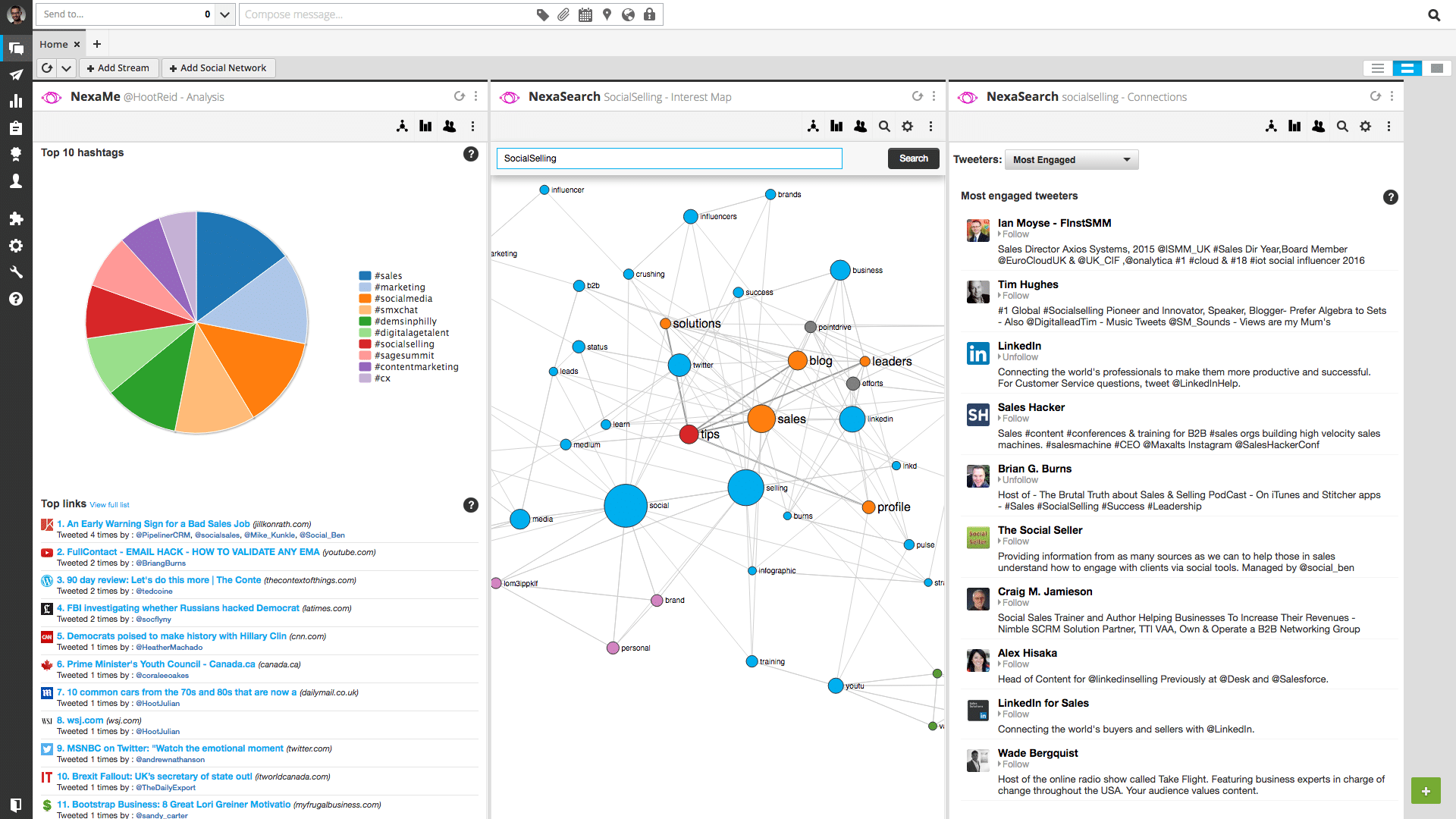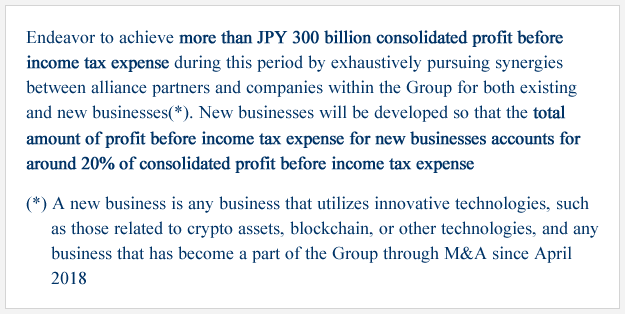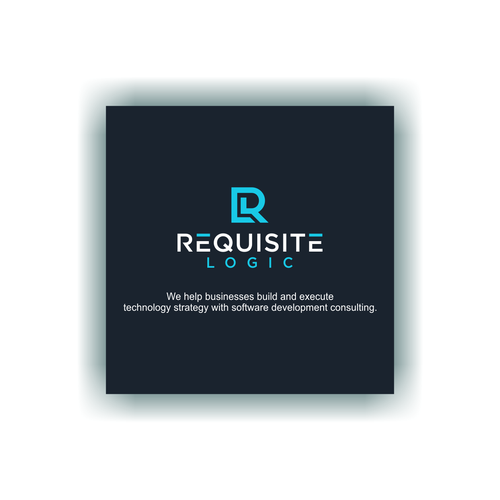
Although consulting services can be a great way of making extra money, pricing them can be difficult. It is essential to learn how to price consulting services accurately so that you can win new customers and keep your business afloat.
There are many pricing models for consulting services that you can use to price the business. However, make sure your rates are relevant to your job and market. You can choose from hourly, flat or retainer pricing.
Hourly Rates
One of the most common consulting services pricing models is hourly rates, which are based on how long it takes to complete a specific project. This model works well for smaller projects but can be difficult to adjust for larger projects.
If you're a new consultant, hourly rates may be the most effective pricing model for you. This helps you decide how valuable a project will be and allows for you to adjust the fees as you learn more.

But you must be careful not to charge too much for your services. You could lose your profit or be subject to legal action if you charge too much for a project.
Consultancy Services Pricing Strategies
If your consulting services offer something unique, you might consider charging per-service. This is a common practice for small businesses who offer specialized services or agencies that offer multiple types of services.
If you use a per service rate, it's a good idea for each service to be priced separately. This will ensure that your clients are getting the right value for their money and can easily switch between services.
Coaching and retainer fees
A retainer fee is a monthly payment that is negotiated between a consulting firm and a client. It is commonly used by trusted advisors or coaches who provide long-term guidance to their clients.
A retainer can help clients budget for your services, and ensure that you have steady cash flow throughout the year. This is particularly important if you are working with small businesses owners who don’t have the capital to spend upfront on your services but may need it in the long-term.

Another benefit of a retainer fee is that it can allow you to be the first one to know when projects come in. This can be especially helpful for startups that are rapidly growing and don't have the cash to pay immediately or those who need immediate help.
Remember that your consulting fees do not simply reflect your rates. Instead, they are an indication of how valuable you are to your clients and the price they pay for them. For instance, if your services are data science-based and you can save your clients money by understanding their data, you can then charge a higher consulting rate than if you were only providing general management advice.
FAQ
What qualifications are required to become a consultant?
It doesn't suffice to hold an MBA. You also need to be able and willing to work as a business advisor. You should have at least two years of experience in consulting and/or training for a major company.
You must have worked closely with senior management teams on strategy development projects. This would require you to be comfortable with presenting ideas and getting buy in from clients.
A professional qualification exam, such as the Certified Management Consultant (CMC), of the Chartered Management Institute (CMI), is also required.
How long does it take to become a consultant?
Depending on your industry and background, the time required will vary. Most people start out with a few months before they find work.
However, consultants can spend many years learning before they are able to find work.
Can I get a degree as a consultant?
You can become an expert in any subject by learning the subject thoroughly, then applying what you have learned.
Start studying today if you want the skills to be a great manager!
Employers may be reluctant to hire people with a degree, but not the relevant experience. However, if you can demonstrate that you've studied the same subjects as those who got the jobs, you could still apply.
But remember, employers will always look for candidates with real-world expertise.
What contracts are available for consultants?
When they are hired, most consultants sign standard employment contracts. These agreements detail the length of the consultant's contract with the client, the amount he/she is paid, and other important details.
Contracts may also include details about the specific areas of expertise that the consultant is going to be focusing on as well as how they will be compensated. For example, the agreement may say that the consultant will provide training sessions, workshops, webinars, seminars, etc.
Sometimes, the consultant agrees to do certain tasks within a given time frame.
Consultants often sign independent contractor contracts in addition to their standard employment agreements. These agreements allow the consultant work on his/her own but still receive compensation for his/her efforts.
Is consulting a real job?
Consulting is not only an entry-level profession for those looking to make fast money, but it's also an excellent way to acquire valuable skills that you can apply throughout your career.
Consulting offers many opportunities in project management as well as business development, strategy and training. You could find yourself working with small start-ups and large international corporations.
Consulting provides you with the opportunity to develop and hone your skills, as well as gain experience within a range of industries. This could include learning to manage teams and write proposals, manage finances, analyze data, create presentations and conduct market research.
What was the origin of modern consultancy?
The first consultants were accountants who helped companies manage their finances. Their skills in managing financial information led to them being called "accounting consultant". However, this role soon expanded into other areas, such as human resources management.
The term "consultant" came from the French word for "to advise." It was used by businessmen to describe someone who could offer advice on how to run an organization. Many business owners use the term "consultant" to describe any professional advisor.
Statistics
- 67% of consultants start their consulting businesses after quitting their jobs, while 33% start while they're still at their jobs. (consultingsuccess.com)
- "From there, I told them my rates were going up 25%, this is the new hourly rate, and every single one of them said 'done, fine.' (nerdwallet.com)
- According to statistics from the ONS, the UK has around 300,000 consultants, of which around 63,000 professionals work as management consultants. (consultancy.uk)
- So, if you help your clients increase their sales by 33%, then use a word like “revolution” instead of “increase.” (consultingsuccess.com)
- On average, your program increases the sales team's performance by 33%. (consultingsuccess.com)
External Links
How To
What Does A Typical Day For A Consultant Look Like?
Depending on what type of work you do, your typical day may vary. But generally speaking, you will spend time researching and planning new ideas, meeting clients, and preparing reports.
You'll often have meetings with clients where you can discuss issues and solve problems. These meetings can be done over the phone or via email.
It is possible that you will be asked to write proposals. These documents outline your ideas and plans, and are required by clients. These proposals should be discussed with a mentor or colleague before being presented to clients.
You will need to create content after all your planning and preparation. You could write articles, design websites, edit photos or conduct interviews.
Depending on your project's scope, it may be necessary to do research to get relevant statistics. It may be necessary to know how many customers are currently using your products or services.
Once you have collected enough information, it's now time to present the findings to your clients. Your findings may be delivered orally, or written.
Finally, you must follow up with clients after the initial consultation. For example, you might call them periodically to see how things are going or send emails asking them to confirm that they received your proposal.
Although this process can take time, it is important to stay focused and build good relationships with your clients.